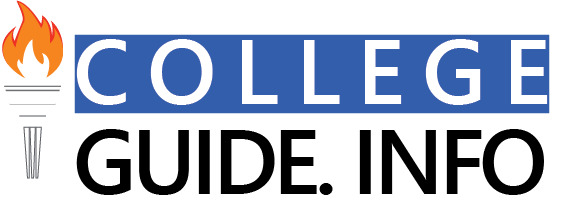








10 Interesting Facts about James Madison University
- James Madison University (JMU) is a public research university located in Harrisonburg, Virginia, USA. It was founded in 1908 as the State Normal and Industrial School for Women at Harrisonburg and became James Madison University in 1977.
- JMU is named after James Madison, the fourth President of the United States and a founding father who played a key role in the drafting of the US Constitution.
- JMU has seven colleges and schools, including the College of Business, the College of Education, and the College of Science and Mathematics. It offers undergraduate, graduate, and professional degree programs.
- As of fall 2021, JMU has a total enrollment of approximately 22,000 students, including over 19,000 undergraduate students and over 3,000 graduate students.
- JMU is known for its strong programs in business, education, health sciences, and communication. It is also a leader in the field of sustainable energy.
- JMU is consistently ranked among the top public regional universities in the South by U.S. News & World Report. It is also recognized for its commitment to undergraduate teaching and its study abroad programs.
- JMU has a diverse student body, with students from all 50 US states and over 70 countries. The university is committed to promoting diversity, equity, and inclusion on campus.
- Notable alumni of JMU include actor and comedian Dan Harmon, former NFL quarterback Scott Norwood, and Olympic gold medalist Megan Jendrick.
- JMU has a strong athletic program, with 18 varsity sports teams competing at the NCAA Division I level. The mascot is the Duke Dog, and the university colors are purple and gold.
- JMU has a number of notable traditions, including the “Purple Out” football game, the “Mr. and Mrs. JMU” pageant, and the annual “Lighting of the Quad” ceremony.
Admission
Acceptance Rate
80%
| SAT Range | 1120-1280 |
| ACT Range | 23-28 |
| Application Fee | $70 |
| SAT/ACT | Considered but not required |
| High School GPA | Required |
| Accepts Common App | Yes |
Tuition & Fee
| FEE | In-State | Out-of-State |
|---|---|---|
| Tuition and Fees | $13,092 | $30,152 |
| Room and Board | $11,724 | $11,724 |
| TOTAL | $24,816 | $41,876 |
All programs
Accounting
Anthropology
Architectural Design
Art
Art History
Biology
Biophysical Chemistry
Biotechnology
Business (see individual majors)
Business Management
Chemistry
Communication Sciences and Disorders
Communication Studies
Computer Information Systems
Computer Science
Dance
Dietetics
Early Childhood Education (Inclusive)
Earth Science
Economics
Education (see individual programs)
Elementary Education
Engineering
English
Finance
Foreign Languages (Modern)
General Psychology
Geography
Geology
Graphic Design
Health Sciences
Health Services Administration
History
Hospitality Management
Independent Scholars
Individualized Study
Industrial Design
Information Technology
Integrated Science and Technology
Intelligence Analysis
International Affairs
International Business
Justice Studies
Kinesiology
Marketing
Mathematics
Media Arts and Design
Middle Grades Education
Modern Foreign Languages
Music
Musical Theatre
Nursing
Nursing RN to BSN Program
Philosophy and Religion
Physics
Political Science
Psychology (General)
Public Administration
Quantitative Finance
Secondary Education
Social Work
Sociology
Special Education
Sport and Recreation Management
Statistics
Teaching English to Speakers of Other Languages
Theatre
Writing, Rhetoric and Technical Communication
Students
Full-Time Enrollment
18,673 Undergrads
Part-Time Undergrads
0

